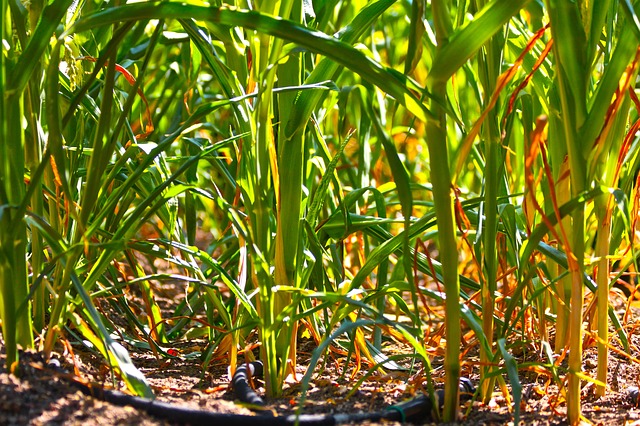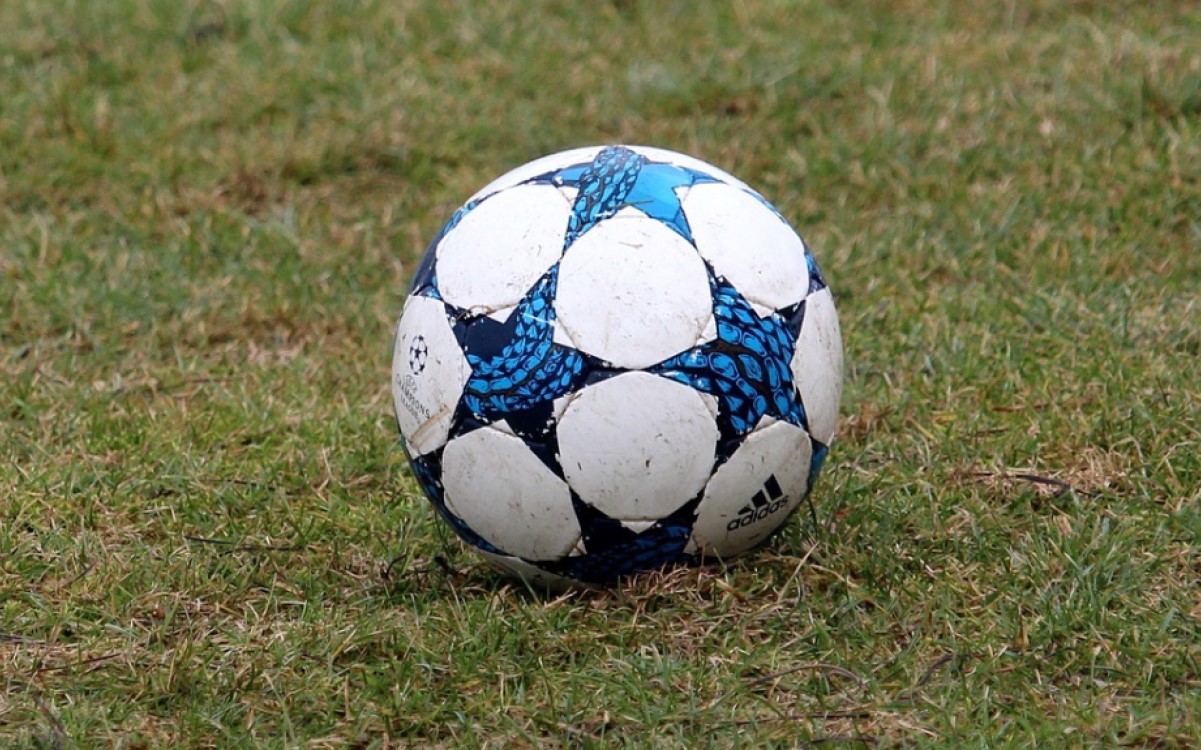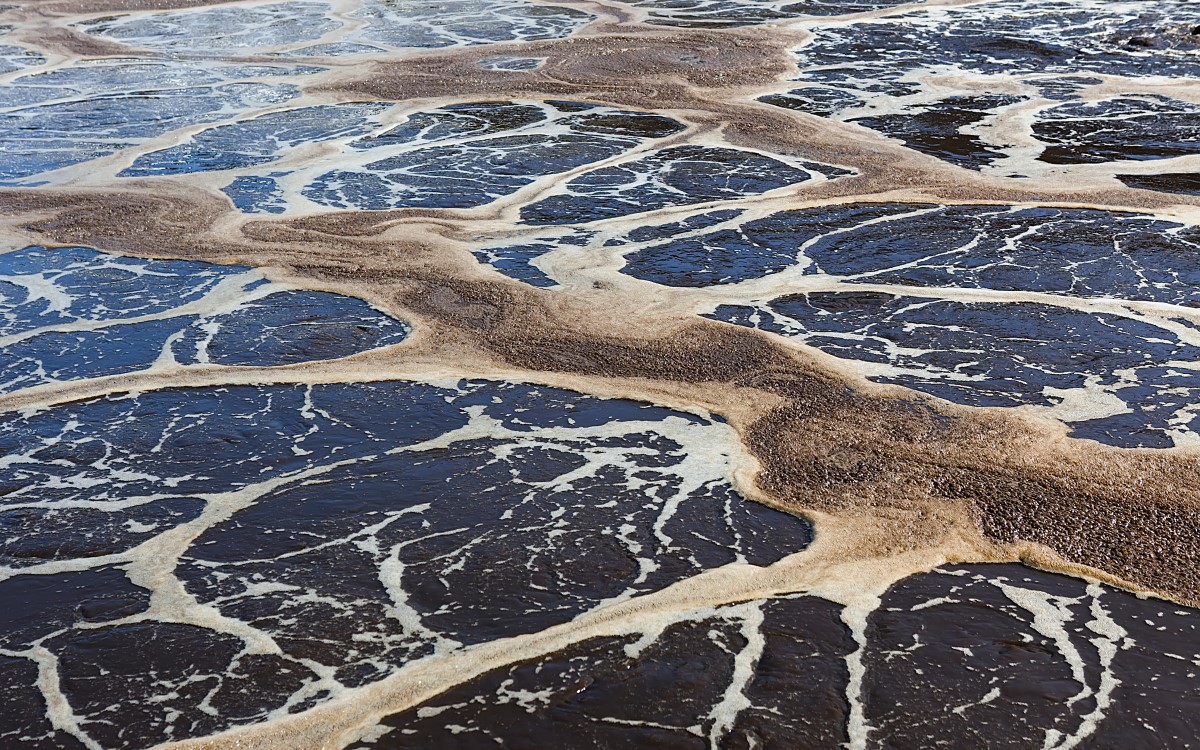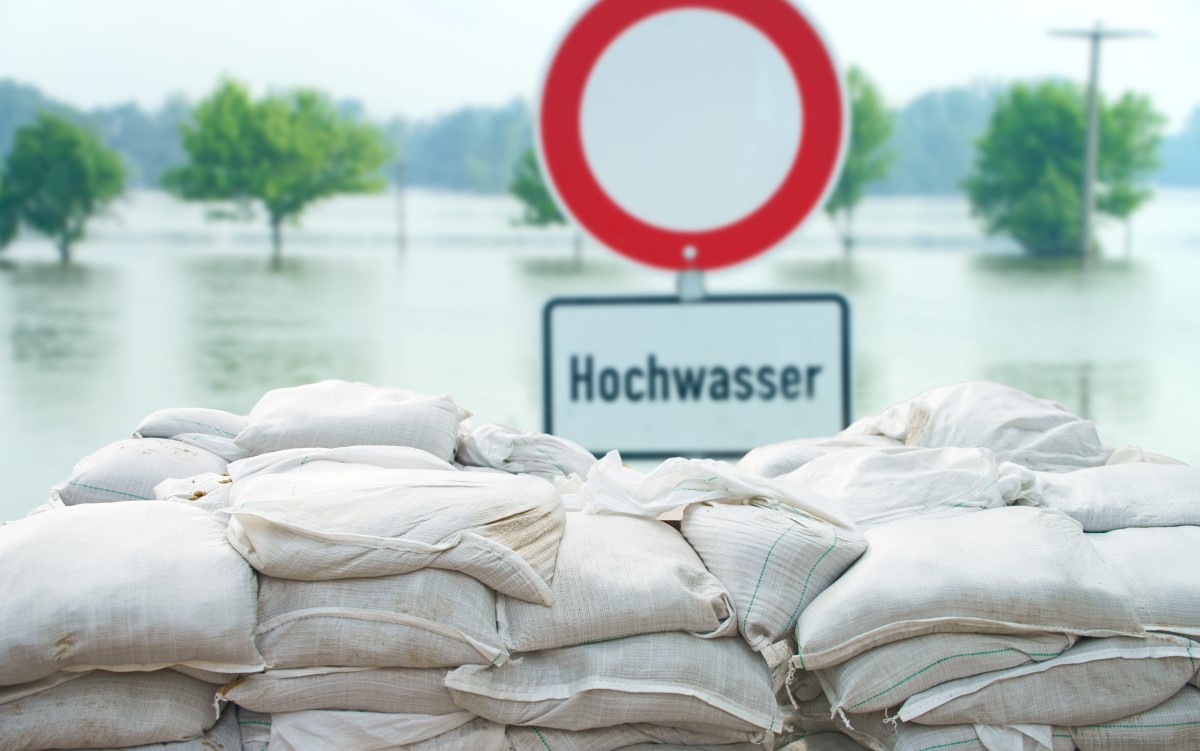This goal encompasses five specific objectives:
- Optimization and evaluation of energy-efficient secondary treatment modules specifically designed for integration to decentralized wastewater reuse systems.
- Development and evaluation of novel advanced treatment (tertiary) modules for integration into decentralized wastewater reuse systems for reduction of microbial pathogens, mobile genetic elements (MGEs), antibiotic resistance genes (ARGs) and contaminants of emerging concern (CECs).
- Development and evaluation of modules for reduction of effluent salinity to prevent soil salinization, which under certain conditions cause deterioration of soil quality and crop decline overtime.
- Evaluation of the individual performances of different integrated modular configurations (using the modules described above) that meet the needs and criteria of specific stakeholders based on local infrastructure, geography, influent load, installation and energy costs and maintenance availability
- Development and application of decision support tools that integrate and evaluate data generated by a myriad of state-of-the-art diagnostic tools for holistic evaluation of microbial, chemical, phyto-toxicological and ecosystem functioning-associated parameters in effluents and in corresponding irrigated soils.
The DSWAP project is coordinated by Dr. Eddie Cytryn from the Agricultural Research Organization (ARO), Volcani Center, Israel) and involves ten partners, from seven countries (Cyprus, Germany, Israel, Italy, France, Portugal, and Spain).
Further information about the project is available at www.dswap-prima.eu
The project DSWAP is part of the Partnership for Research and Innovation in the Mediterranean Area (PRIMA) Program supported by the European Union.
Text Source: Water Reuse Europe







